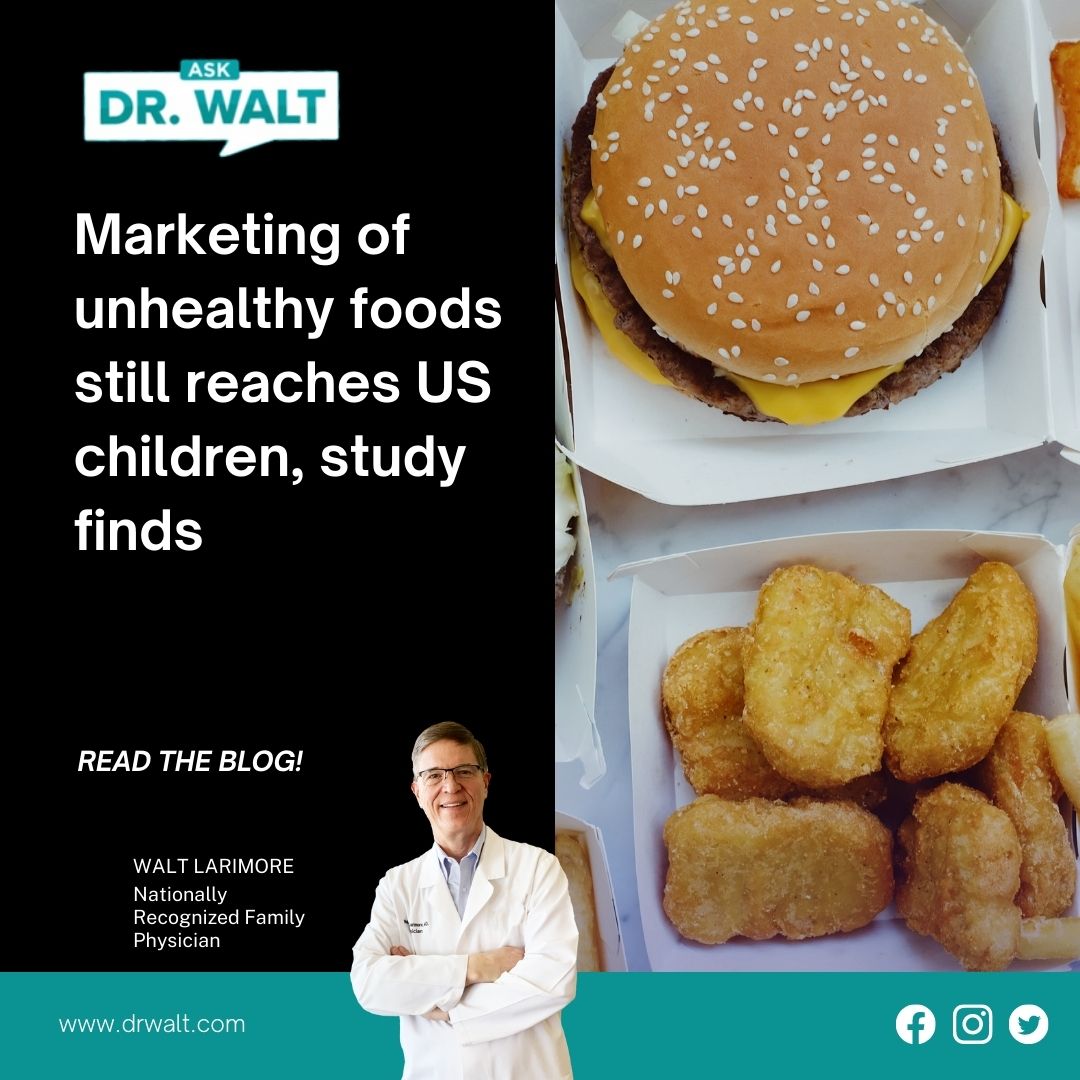
Marketing of unhealthy foods still reaches US children, study finds
May 18, 2022
“At First Light” declared “the perfect labor induction agent”
May 21, 2022HealthDay reports research suggests that a high intake of ultra-processed foods “significantly increases the risk of another heart attack or stroke, and it’s more likely to be fatal.”
HealthDay writes:
If you’ve had a heart attack or stroke, you might want to avoid ultra-processed foods, new research suggests.
The study found that a high intake of such foods significantly increases the risk of another heart attack or stroke, and it’s more likely to be fatal. This was true even in people following what seems to be a heart-healthy diet.
Ultra-processed foods are made in part or entirely with substances not routinely used in cooking — such as hydrolysed proteins, maltodextrins, and hydrogenated fats — and contain additives such as dyes, preservatives, antioxidants, anticaking agents, flavor enhancers, and sweeteners, the study authors explained.
“Ultra-processed foods is exactly how it reads: Foods that have been stripped of their nutrients void of any beneficial value,” added registered dietitian Sharon Zarabi. “Almost anything we eat that comes in a package is processed.” She wasn’t involved in the new study.
According to the Italian study authors, examples of ultra-processed foods include sugary and carbonated drinks, pre-packaged meals, spreads, hard dry biscuits, breakfast cereals, crackers, and even fruit yogurt.
“These ultra-processed foods cause a myriad of diseases including heart disease, diabetes, hypertension, and renal disease,” Zarabi said. She’s the program director of Northwell Health’s Katz Institute for Women’s Health in New York City and Westchester.
For the study, published in the European Heart Journal, investigators “tracked the health of more than 1,100 Italians who already had heart disease and were followed for more than 10 years.”
© Copyright WLL, INC. 2022. This blog provides healthcare tips and advice that you can trust about a wide variety of general health information only and is not intended to be a substitute for professional medical advice, diagnosis, or treatment from your regular physician. If you are concerned about your health, take what you learn from this blog and meet with your personal doctor to discuss your concerns.
Read more biblically based advice by Dr Walt Larimore.




